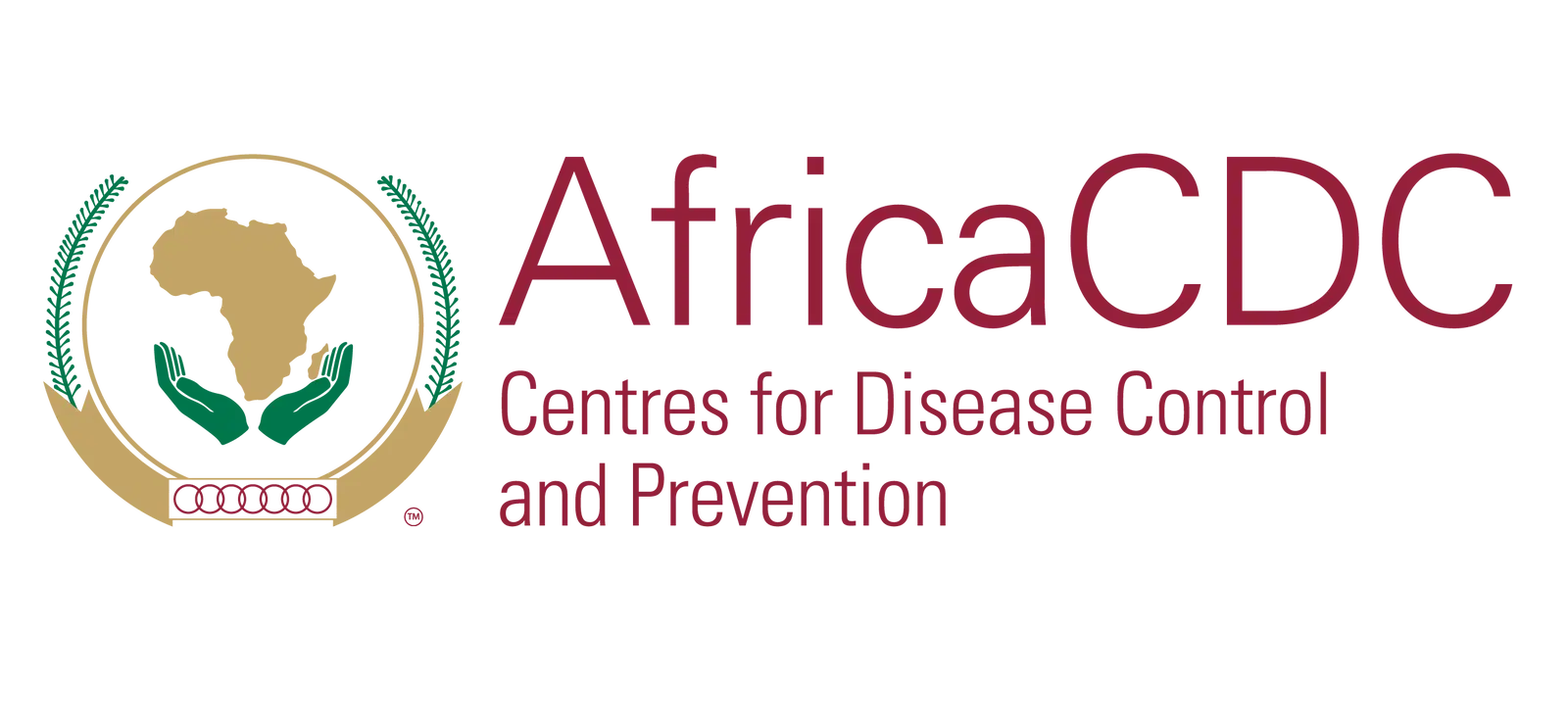The head of the African Union’s health watchdog, the Africa Centres for Disease Control and Prevention (Africa CDC), Jean Kaseya, called on Western nations to demonstrate that they have learned from the COVID-19 pandemic by adequately supporting Africa during the current mpox outbreak.
Mpox Declared an International Emergency
Mpox was declared an international emergency by the World Health Organization (WHO) in August, following a surge in cases of the new Clade 1b strain in the Democratic Republic of Congo (DRC), which is the epicenter of the outbreak. The Africa CDC has highlighted a shortfall of $600 million needed to combat the disease, which has now spread to 14 nations across the continent.
Call for Western Support
During an online briefing on mpox, Kaseya expressed hope that the necessary funding would be secured. He emphasized that this is an opportunity for Western countries to restore trust and solidarity with Africa. “We don’t want to come back again tomorrow to say, you again abandoned Africa,” Kaseya remarked. He stressed the importance of rebuilding trust and ensuring that Western nations do not repeat the mistakes made during the COVID-19 pandemic, where Africa was criticized for being neglected while richer countries hoarded vaccines.
Current Situation and Challenges
According to the latest figures from the Congolese Public Health Institute, nearly 22,000 mpox cases and 716 deaths have been reported since January. Kaseya pointed out that inadequate testing capacity remains a significant issue, underscoring the need for increased testing to better track the outbreak.
International Response
So far, the European Union has delivered approximately 200,000 vaccine doses to the DRC, with about 50,000 more doses provided by the United States. European nations have pledged several hundred thousand additional doses, and Japan has promised about three million doses. However, Kaseya did not provide specific details on the delivery timeline for these vaccines.
Mpox, which is caused by a virus transmitted from infected animals to humans, can also spread through close physical contact between humans. The disease causes symptoms such as fever, muscular aches, and large boil-like skin lesions, and can be fatal in some cases.



